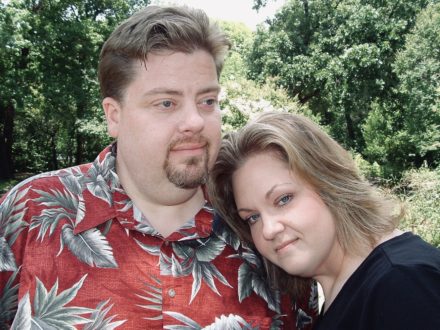Wisdom on a Cracker
“Laughter is carbonated holiness.”
Anne LaMott
Why do we love and remember great quotes?
The best ones serve truth, wisdom, humor, inspiration, encouragement, and other qualities in very short lines. Succinctness and lucidity are vital parts of their power. Despite their brevity, they leave nothing else to be said.
For example, you can read voluminous books and watch infinite videos on the human condition, but the Apostle Paul captured the whole sweep of that territory in sixteen words, “O wretched man that I am! Who shall deliver me from the body of this death?” (Romans 7:24, New King James Version).
As in many things, less is often more in quotes. The “less” stays with you. “More” wouldn’t have improved it or made it stick. Extraordinary quotes deliver wisdom on a cracker.
Former UN General Secretary Dag Hammarskjold understood that. He stated his whole reason for living in a prayer: “For all that has been, thanks. For all that will be, yes.” Twelve words as prayer, mission statement, and autobiography.
Teilhard de Chardin caught lightning in a bottle when he wrote: “We are not human beings having a spiritual experience; we are spiritual beings having a human experience.”
So did Richard Bach: “What the caterpillar calls the end of the world, the Master calls a butterfly.”
Teacher, author, and guru Ram Dass delivered a wonderful reminder about gentleness: “We’re all just walking each other home.” In the same sense, Philo of Alexandria wrote, “Be kind, for everyone you meet is fighting a great battle.”
Wendell Berry expressed another fine view of community: “Do unto those downstream as you would have those upstream do unto you.”
Ann Voskamp drove straight to the headwaters of a good life—humility: “Receiving God’s gifts is a gentle, simple movement of stooping lower.”
Goethe wrote with wonderful and concise clarity. For example: “Things which matter most should never be at the mercy of things which matter least.” And I often recall Goethe’s generous view of people: “Treat an individual as he is, and he will remain how he is. But if you treat him as if he were what he ought to be and could be, he will become what he ought to be and could be.”
An old African Proverb captures a persistent and painful reality: “When bull elephants fight, the grass always loses.”
Sometimes a great line blows all the smoke away, leaving nothing but the plain and simple truth. P. J. O’Rourke was a master of that: “Giving money and power to government is like giving whiskey and car keys to teenage boys.”
Likewise, Paul Batalden analyzed every person, family, marriage, organization, action, or policy with his simple statement: “Every system is perfectly designed to get the results it gets.” Think of that the next time your golf ball hooks into the lake. You perfectly designed your swing to do that.
Something in me changed when I heard my friend, pastor Dale Smith, say in his Sunday sermon,“Where did we ever get the idea that all problems are to be solved?” In a flash, I saw my view of problems: just fix (or kill) it, box it, and ship it far away. Since that day, I’ve tried to hold problems before God, seeking what He may say or do to me through it.
As he always did, Jim Rohn delivered true wisdom when he said: “You must get good at one of two things: sowing in the spring or begging in the fall.”
The towering American philosopher Eric Hoffer wrote one of the great social realities in The True Believer (Harper & Row, 1951): “A man is likely to mind his own business when it is worth minding. When it is not, he takes his mind off his own meaningless affairs by minding other people’s business.”
And that recalls James Q. Wilson’s summary of our times: “Once politics was about only a few things; today, it is about nearly everything.”
But when those views ignite my cynicism, my friend and pastor Glen Roachelle reminds me to look past the visible and remember, “Sometimes we have to accept confusion and ambiguity while we wait for the contractions of history to give birth to a new era.”
Billy Graham laid nine simple words together in a momentous challenge: “Get to know people you’ve been taught to avoid.”
I once heard James Carville speak a very astute code for prudent living: “The best time to plant an oak tree was twenty-five years ago. The second-best time is today.”
And the truth of a line can sometimes ride in on laughter, as Former Senator and Presidential candidate Eugene McCarthy knew: “Running for president is like coaching football—you have to be smart enough to understand the game and dumb enough to think it is important.”
So did Pope John XXIII, when he told his Italian audience, “Italians come to ruin most generally in three ways: women, gambling, and farming. My family chose the slowest one.”
You’ve just read 21 of my favorite quotes. If you want a few hundred more, go to my website’s STOUT WISDOM.
And, please, I’d love to hear your own favorite quotes.
Wisdom on a Cracker Read More »

